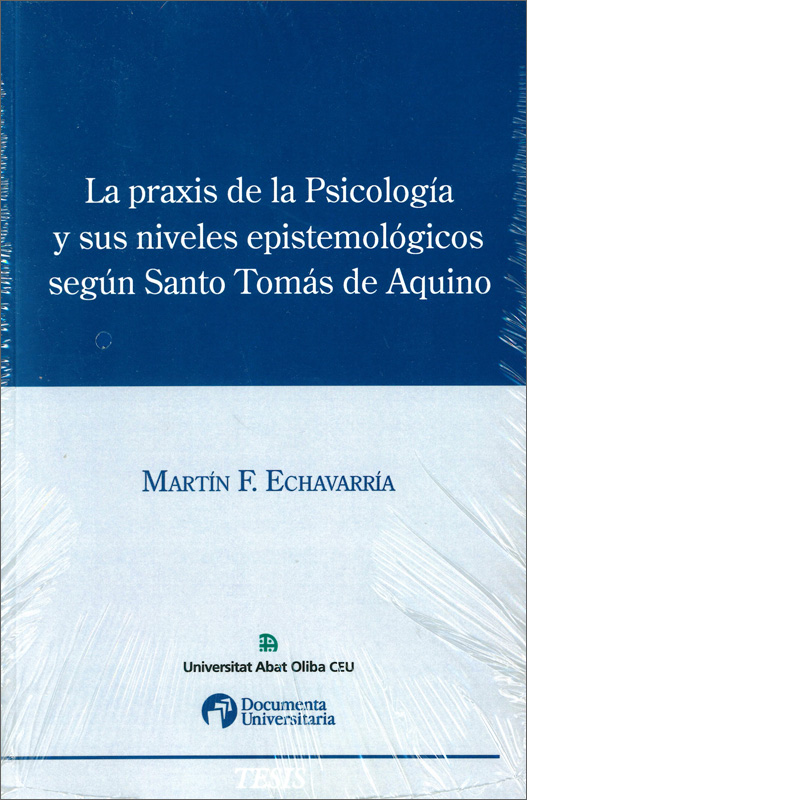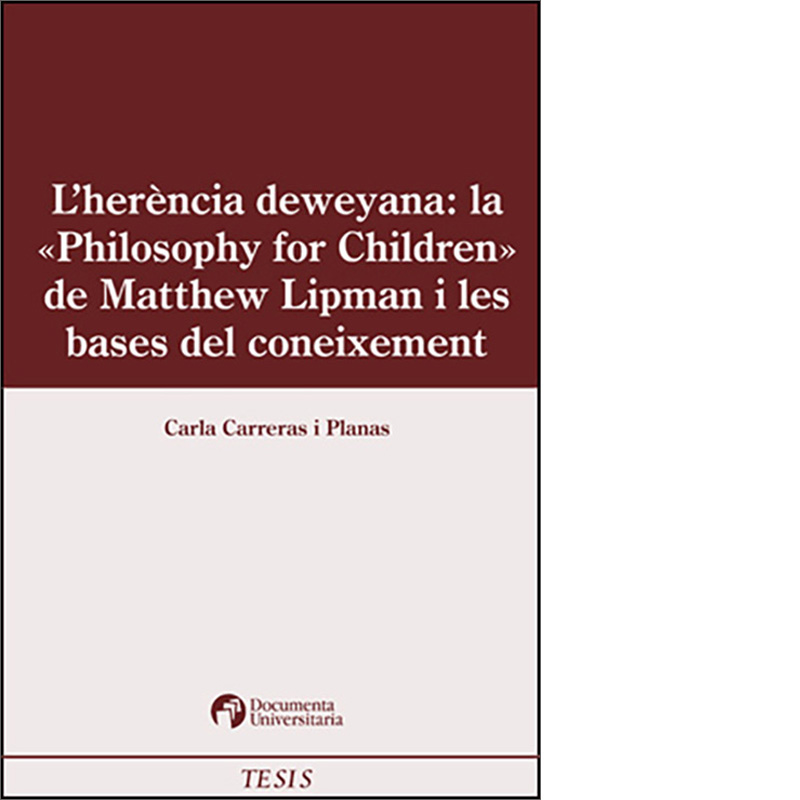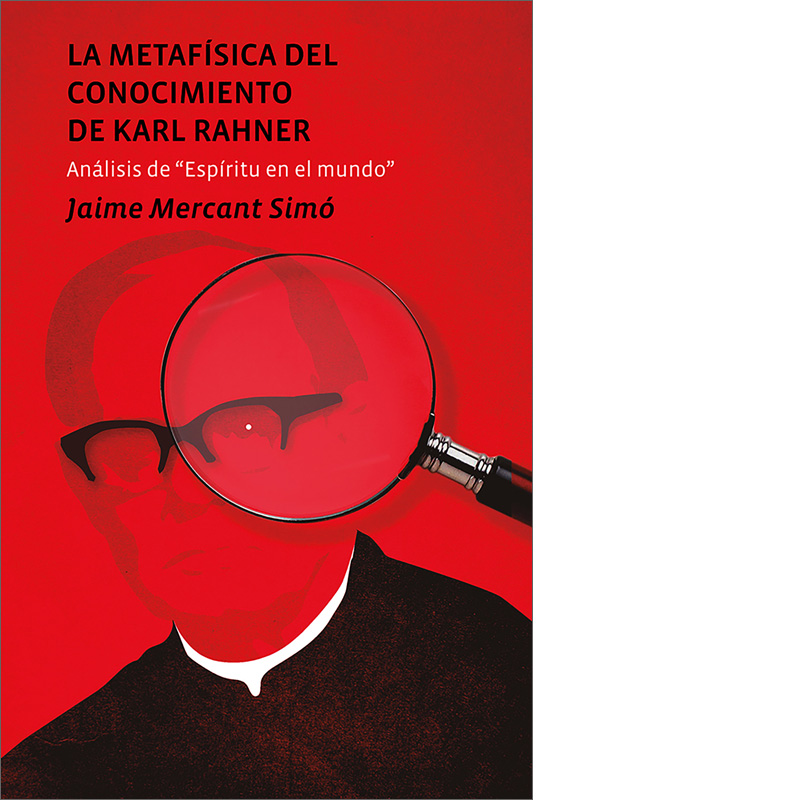Description
Contemporary psychology seems to have been characterized, from its very origins, by the multiplicity of its contents as well as its almost infinite fragmentation into opposed thinking. This generates important difficulties, not only to someone who wishes to reach a first approximation, but also to specialists who are not often able to arrive to a sufficiently clear opinion of the epistemological nature of psychology, nor its disciplinary unity. This work, without neglecting the global problem, is based on one particular aspect: what the praxis of psychology presents, in particular psychotherapy and its theoretical foundations. It places special interest on a critical vision of psychoanalysis, an inevitable reference point (positive and negative) for the majority of psychotherapeutic thinking. However, the aim of epistemological and practical clarification is carried out from an original perspective: under the light of the thought of Saint Thomas Aquinas (1225-1274), known as one of the greatest theologians and philosophers of the Catholic Church. His qualities as an epistemologist are well-known. Less well known, however, is his psychological facet, which this work aims to show in great detail in order to prove the one of the main pillars of Saint Thomas' psychology, as well as the possibilities of practising psychology today under the fundamental guide of Doctor Humanitatis.






